1. Knocking on Wood (Western Cultures)
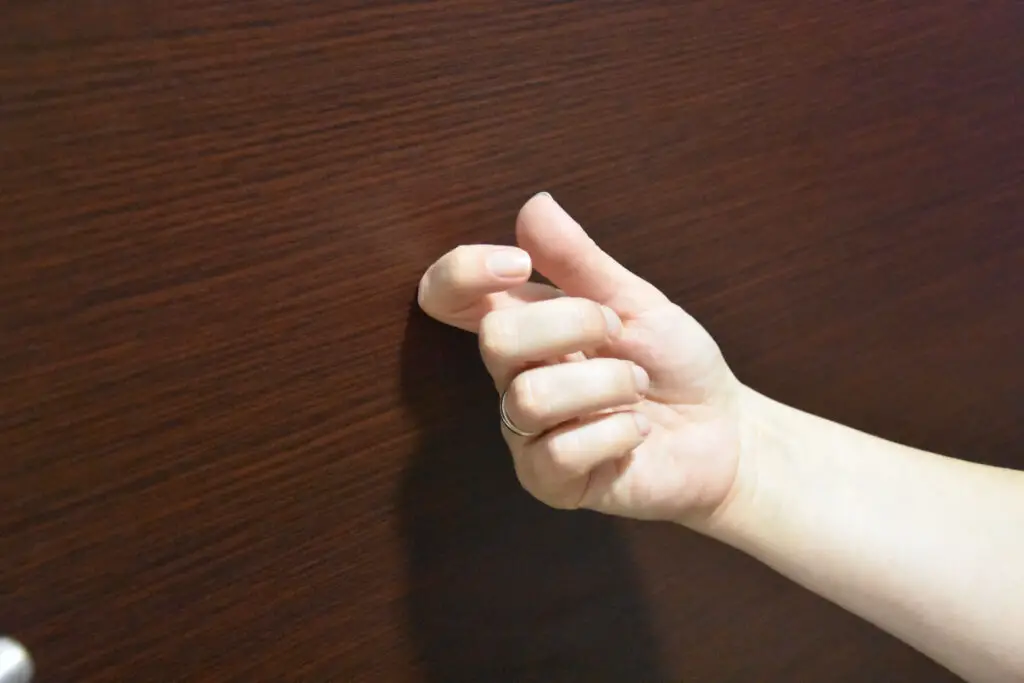
You’ve probably found yourself saying something hopeful and then quickly rapping your knuckles on the nearest wooden surface. That small tap is meant to keep bad luck at bay, a habit that’s rooted in ancient beliefs that spirits lived in trees and could be summoned for protection. Even if we don’t buy into the mystical origins, there’s something comforting about the ritual. It’s become second nature for many people, almost like a reflex when we dare to tempt fate says the Conversation.
Whether you’re hoping a job interview goes well or that it doesn’t rain on your wedding day, that little knock helps ease anxiety. It’s a quick way to feel like we’ve done something to influence the outcome. Interestingly, not everyone knocks on wood—some cultures touch iron or other materials instead. But the idea behind it is the same: don’t jinx the good stuff adds USA Today.
2. The Evil Eye (Middle East, Mediterranean, South Asia)
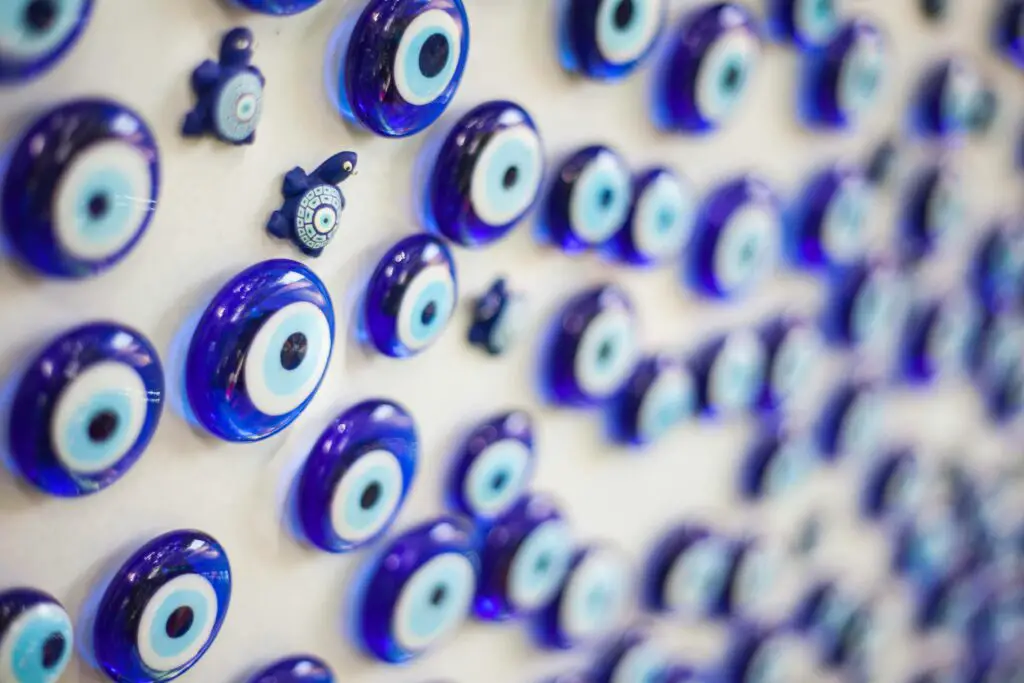
In many parts of the world, people believe that envy—especially when directed at someone’s success or beauty—can bring real misfortune. That’s where the concept of the evil eye comes in. To protect against it, people wear talismans like the blue-and-white “nazar” bead or hang protective charms in their homes. You’ll spot them everywhere from Turkish bazaars to Greek restaurants to Indian baby cradles says HowStuffWorks.
The belief is that these objects reflect or deflect the bad energy. It’s not just spiritual—it can affect real decisions. Some parents avoid posting pictures of their babies online or delay announcing pregnancies for fear of attracting too much attention. Even in modern societies, this superstition carries weight in ways that shape everyday behavior explains the New Yorker.
3. Lucky Number 8 (China)
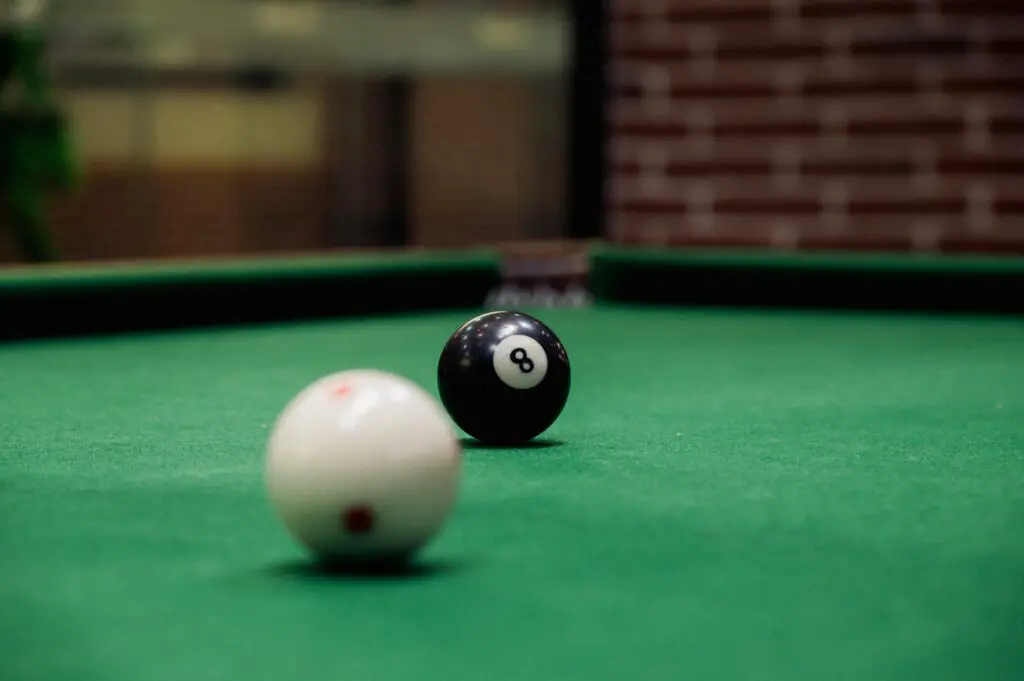
In Chinese culture, the number 8 is considered extremely lucky because it sounds like the word for wealth or prosperity. This has led to some fascinating choices—like phone numbers, addresses, or even license plates with 8s selling for sky-high prices. The opening ceremony of the 2008 Beijing Olympics started at 8:08:08 p.m. on August 8 for this very reason. To many, it’s not just a number—it’s an investment in future fortune.
People will rearrange weddings, business deals, and even C-sections to fall on the eighth of the month. Apartment buildings advertise units ending in 8 as premium real estate. It’s an everyday example of how deeply numerology can impact real-life planning. And even if someone isn’t superstitious, the cultural pull of the number is hard to ignore.
4. Avoiding the Number 4 (Japan, China, Korea)
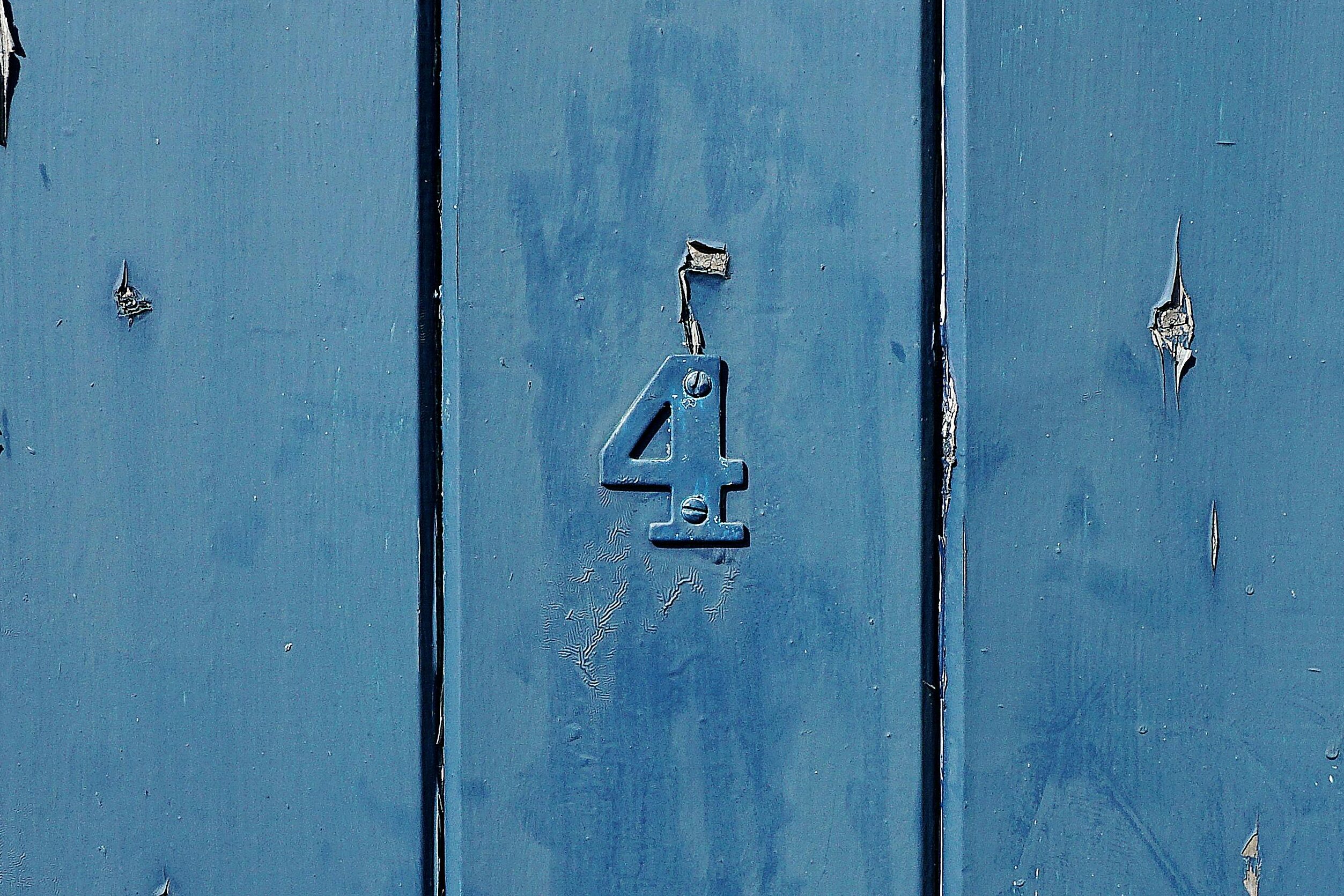
While 8 is beloved, the number 4 is treated very differently in many East Asian cultures. That’s because it sounds a lot like the word for “death,” which makes it deeply unlucky. Hospitals, hotels, and apartment buildings often skip the fourth floor entirely, much like how Western elevators sometimes omit floor 13. Some people will even go out of their way to avoid license plates or phone numbers with the digit.
In Japan, giving a gift set of four items is seen as bad etiquette. It’s a small detail, but one that people take seriously. For many, the superstition blends into manners and social awareness. And when a number is tied so closely to mortality, it makes sense that people tread carefully around it.
5. Spilling Salt (Western Cultures)

If you’ve ever knocked over a salt shaker and instinctively tossed a pinch over your left shoulder, you’re in good company. That move is meant to ward off bad luck—or more specifically, to blind the devil waiting behind you. This belief dates back to ancient times, when salt was valuable and spilling it was seen as an ill omen. Over time, the act of tossing it became a way to undo the jinx.
Even today, the ritual persists in kitchens and dining rooms everywhere. It’s not exactly logical, but it sticks with us, probably because it feels a little like insurance. And while most people don’t believe in literal devils hanging around, they still go through the motions. Better safe than sorry, right?
6. Black Cats Crossing Your Path (United States, Europe)

Black cats get a bad rap in many Western countries, often unfairly linked to witchcraft or bad luck. If one crosses your path, some people believe it’s a sign to turn back or be extra cautious. This superstition goes back to the Middle Ages, when black cats were seen as omens of misfortune. During witch hunts, they were even thought to be witches’ companions.
Of course, not everyone sees them that way. In parts of the UK and Japan, black cats are actually considered lucky. But in many places, the bad reputation lingers. It’s a shame for the cats—but a fascinating example of how old beliefs still influence how we interpret the world around us.
7. Itchy Palms (Caribbean, Southern U.S., parts of Africa)

Ever had an itchy palm and someone told you money was coming your way? That’s a common superstition in several cultures, though the details can vary. In some places, an itchy right palm means you’ll receive money, while the left one means you’ll lose it—or vice versa. Either way, people often take it as a financial sign from the universe.
This small bodily sensation becomes a moment of excitement or caution. Some folks will rub their palms on wood or avoid scratching to “lock in” the luck. It’s all about the idea that your body is tuning in to something bigger. Even if you don’t buy it, it’s fun to hope a few extra bucks might be heading your way.
8. Sweeping Feet Means No Marriage (Latin America)
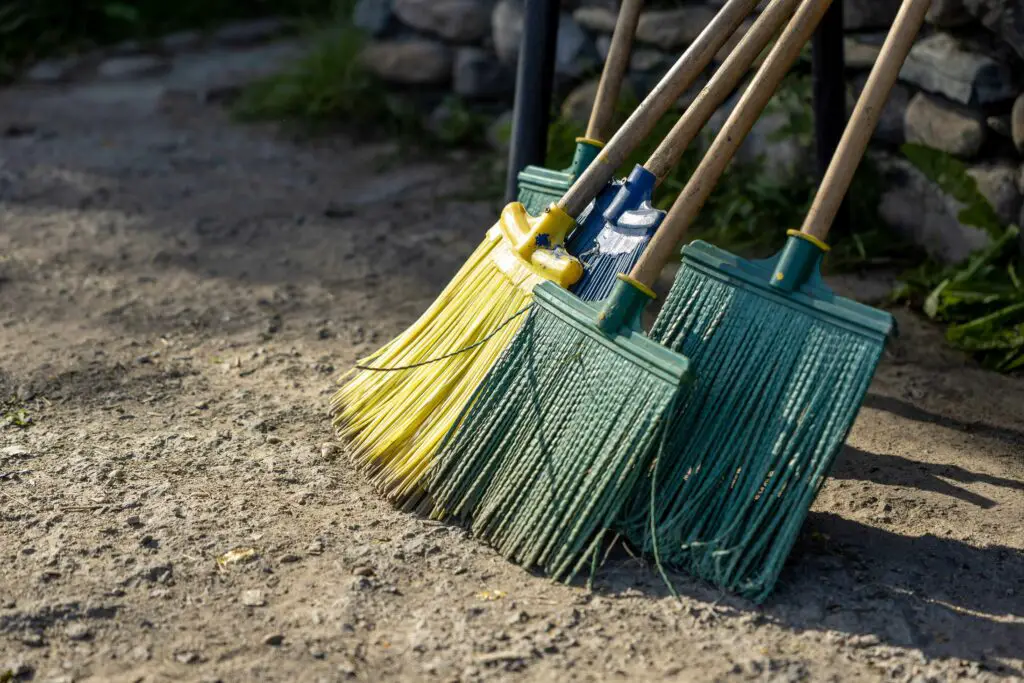
In several Latin American countries, there’s a belief that if you accidentally sweep over someone’s feet with a broom, they’ll never get married. It’s something people say playfully, but there’s often a quick apology and a few protective gestures afterward—just in case. Some will even stop mid-cleaning to “reverse the curse.” It’s a superstition passed down through generations.
While it sounds silly on the surface, it speaks to how serious people can be about love and destiny. In some households, sweeping becomes an oddly strategic activity. You might even see kids hopping out of the way with dramatic flair. It’s just one more way folklore sneaks into everyday chores.
9. Whistling Indoors Invites Trouble (Russia, Korea)

In countries like Russia and Korea, whistling indoors isn’t just annoying—it’s believed to bring bad luck or financial loss. Parents and elders will often scold children for doing it, not just because it’s loud, but because of the superstition. The idea is that whistling could attract spirits or send money out the door. Even some shopkeepers will ask you to stop if you whistle inside their business.
This belief might seem quirky to outsiders, but it’s taken seriously by many. In some circles, whistling indoors is equated with reckless behavior. It’s a little rule that often gets passed down without much explanation. But once you know about it, it’s hard not to think twice before breaking into a tune indoors.
10. Tuesday the 13th (Spain, Latin America)

Forget Friday the 13th—if you’re in Spain or much of Latin America, it’s Tuesday the 13th you need to watch out for. The phrase “Martes 13” (Tuesday the 13th) carries ominous vibes, with some people avoiding travel, major decisions, or weddings on that day. Mars, the Roman god of war, is linked to Tuesday, which adds a layer of bad energy to the date. Combine that with the unlucky number 13, and you’ve got a day many prefer to stay home.
Even airlines in Spanish-speaking countries report fewer bookings on those Tuesdays. It’s not just folklore—it affects real plans and choices. For some, it’s a day to be extra cautious and avoid unnecessary risks. So if you ever plan a trip to Spain, don’t be surprised if your Tuesday the 13th itinerary suddenly looks a little emptier.
11. Stepping in Dog Poop Brings Good Luck (France)

Most people would call it an awful misstep, but in France, stepping in dog poop with your left foot is actually considered good luck. It’s a strange twist on an otherwise unpleasant moment, but it softens the blow a bit, doesn’t it? The right foot, though, is still seen as bad luck—so it really depends where you land. While no one’s eager for the experience, the superstition turns an accident into a possible blessing.
This quirky belief reveals how people look for silver linings in even the grossest situations. If you’re walking around Paris and have an unfortunate moment, someone might just say, “Well, it’s your lucky day!” It’s a little mental trick to stay optimistic. And honestly, we’ll take whatever good fortune we can get.
12. Don’t Trim Nails at Night (India, Japan, Korea)

In several Asian cultures, cutting your nails at night is believed to bring misfortune—or even shorten your life. Before electricity, trimming nails in the dark could lead to injury, which likely started the tradition. But over time, it evolved into a full-blown superstition with serious consequences. Some families will actually remind each other not to do it, especially the older generations.
Even today, many people avoid nighttime nail grooming out of respect for the tradition. It’s a simple habit that’s deeply tied to cultural memory. Plus, it’s one of those rules that’s easy enough to follow—just wait until morning. Whether out of belief or habit, the superstition continues to shape self-care routines.
13. Opening Umbrellas Indoors (Western Cultures)

This one’s so well-known that even kids will warn you about it: never open an umbrella inside. The belief goes back to Victorian England, when early umbrellas had stiff, spring-loaded mechanisms that could actually cause injury or damage if opened indoors. That danger eventually became tied to superstition, suggesting that doing so invites bad luck.
Today, people still hesitate before popping an umbrella open in a hallway or living room. It’s one of those rules we often follow without thinking too hard about why. Even in modern households, you’ll hear a warning or a little gasp if someone forgets. Sometimes, superstition and common sense really do overlap.
